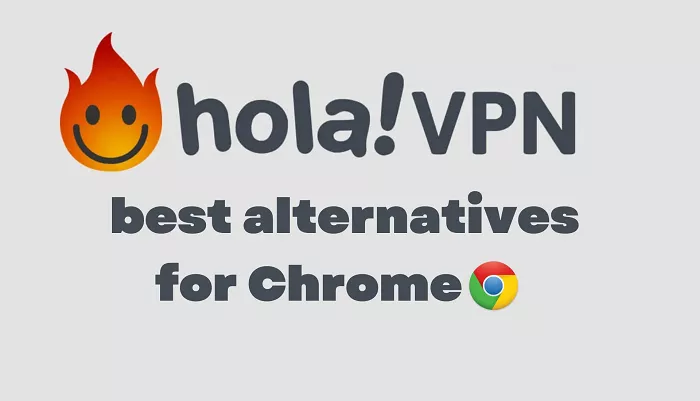In today’s digital age, accessing geo-restricted content is a common desire among internet users. Hola VPN offers a Chrome extension that promises to unlock such content effortlessly. However, while the allure of free and unrestricted browsing is tempting, it’s essential to understand the implications of using such services. This review delves into the features, benefits, and potential risks associated with the Hola VPN Chrome extension.
What is Hola VPN?
Hola VPN is a freemium web and mobile application that provides a form of VPN service through a peer-to-peer (P2P) network. Unlike traditional VPNs that route traffic through dedicated servers, Hola redirects your internet traffic through other users’ devices and vice versa. This approach allows users to access content from different regions by leveraging the IP addresses of peers in those locations.
Features of the Hola VPN Chrome Extension
- Geo-Unblocking: Hola VPN enables users to access websites and content that may be restricted in their region by routing traffic through peers in other countries.
- Ease of Use: The Chrome extension is user-friendly, allowing users to select their desired country with a single click.
- Multi-Device Support: Users can utilize Hola VPN on up to 10 devices simultaneously.
- Unlimited Bandwidth: The extension offers unrestricted browsing with no data caps.
Performance and Speed
Performance can vary when using Hola VPN. While some users report satisfactory speeds, others experience significant slowdowns. The P2P nature of the service means that your browsing speed is dependent on the quality and availability of peer connections. Additionally, since your traffic is routed through other users’ devices, there can be inconsistencies in speed and reliability.
Security and Privacy Concerns
One of the most significant concerns with Hola VPN is its approach to user privacy and security:
- Peer-to-Peer Network Risks: By routing traffic through other users’ devices, there’s a risk that your IP address could be misused for malicious activities without your knowledge.
- Data Logging: Hola VPN has been criticized for its data logging practices, which may include tracking user activity and sharing information with third parties.
- Lack of Encryption: Unlike traditional VPNs that encrypt user data, Hola’s P2P model does not inherently provide encryption, leaving user data potentially exposed.
These concerns have led some institutions to block the use of Hola VPN on their networks due to security risks.
Is Hola VPN Truly Free?
While Hola VPN offers a free version, it’s essential to understand the trade-offs:
- Resource Sharing: Free users contribute their idle bandwidth to the network, allowing others to route their traffic through your device.
- Limited Access: The free version may have limitations in terms of speed, available countries, and connection stability.
- Premium Version: Hola offers a paid version that provides faster, more stable connections without requiring users to share their resources.
Alternatives to Hola VPN
For users seeking more secure and reliable VPN services, several alternatives offer robust features:
- VPN: A comprehensive VPN solution that ensures user privacy and security.
- VPN Service: Offers detailed articles and reviews on various VPN services to help users make informed decisions.
- Free VPN: Provides information on free VPN options that prioritize user security.
Conclusion
While the Hola VPN Chrome extension offers an easy way to access geo-restricted content, it comes with significant security and privacy concerns. The P2P model, lack of encryption, and data logging practices pose risks that users should not overlook. For those prioritizing online security and privacy, exploring alternative VPN services with robust security features is advisable.


